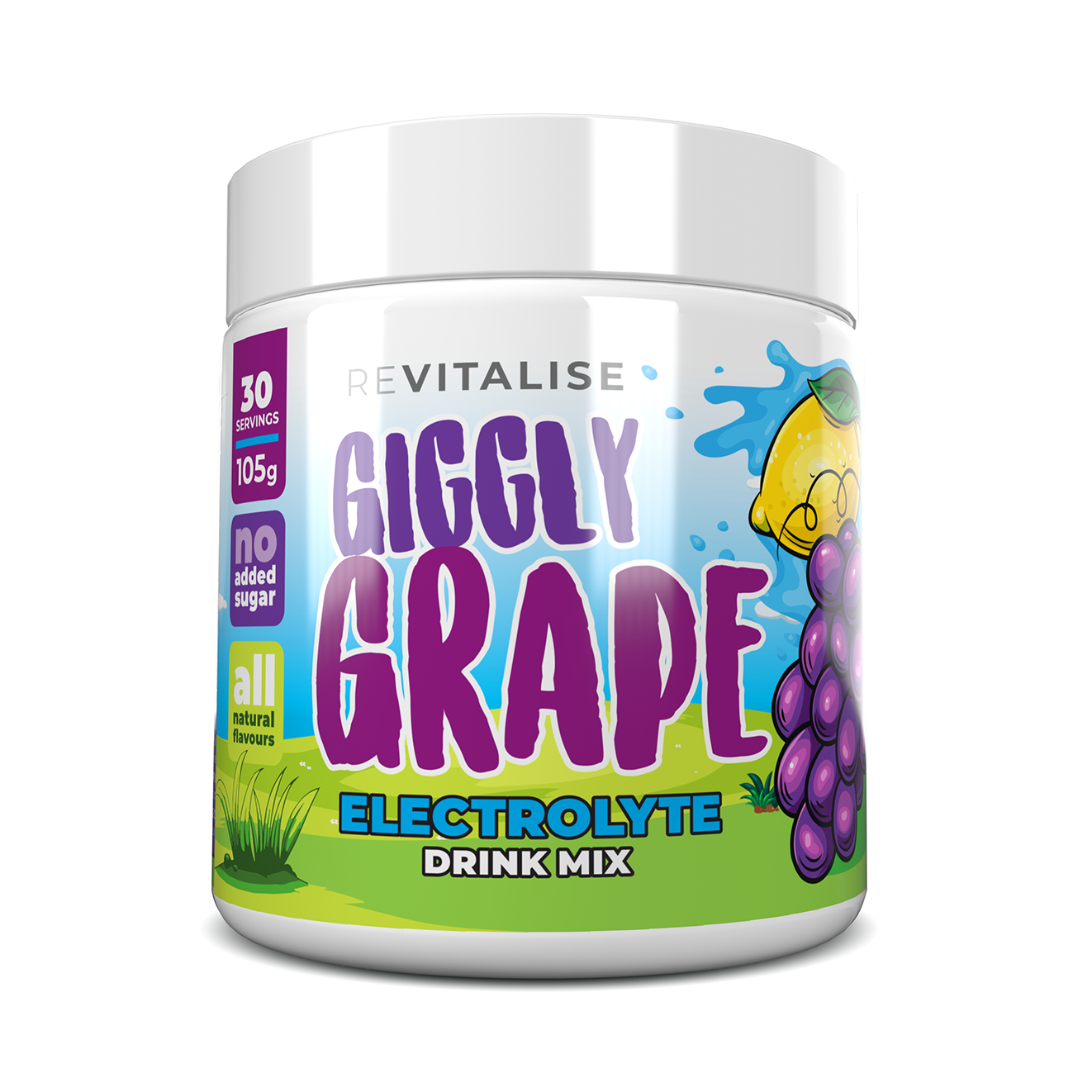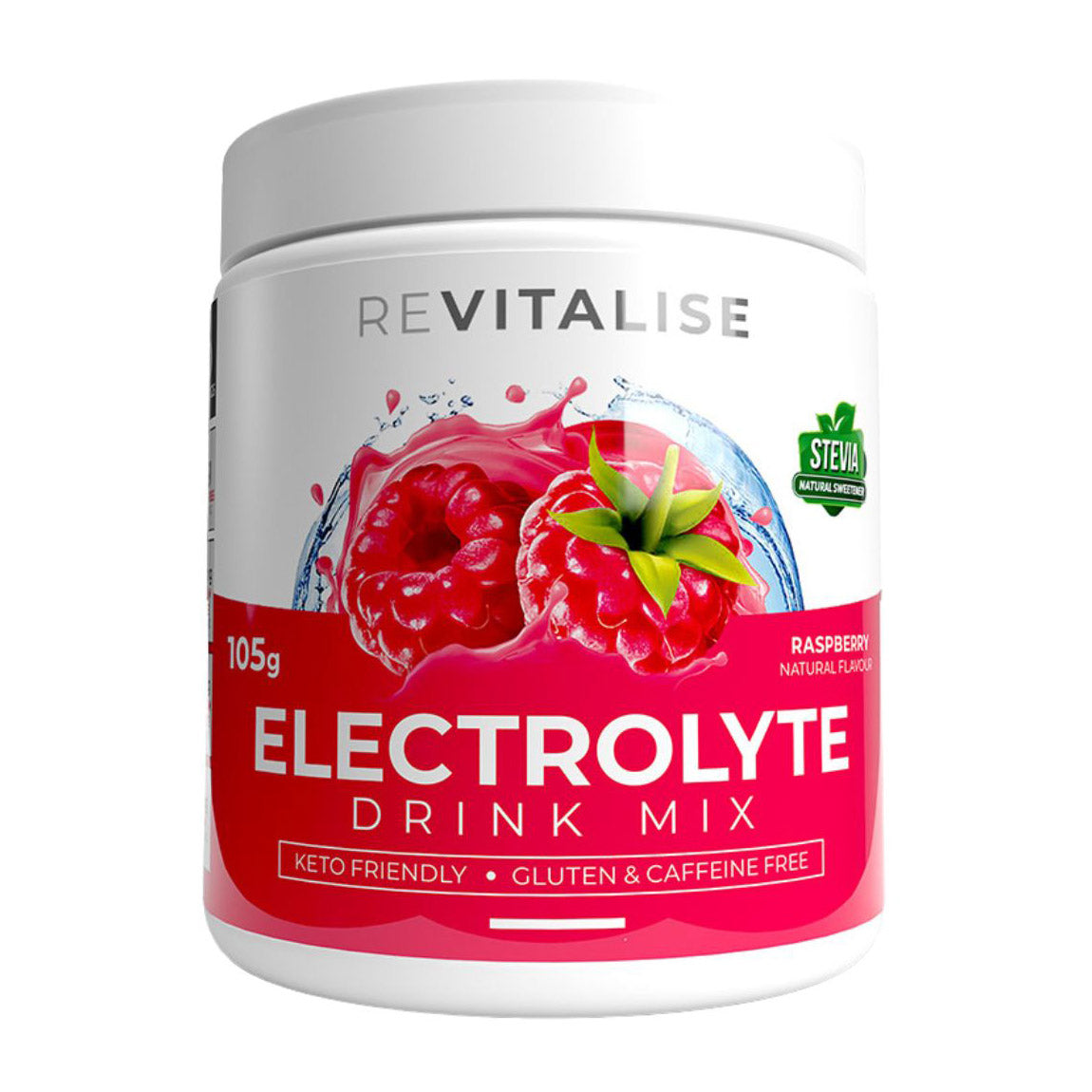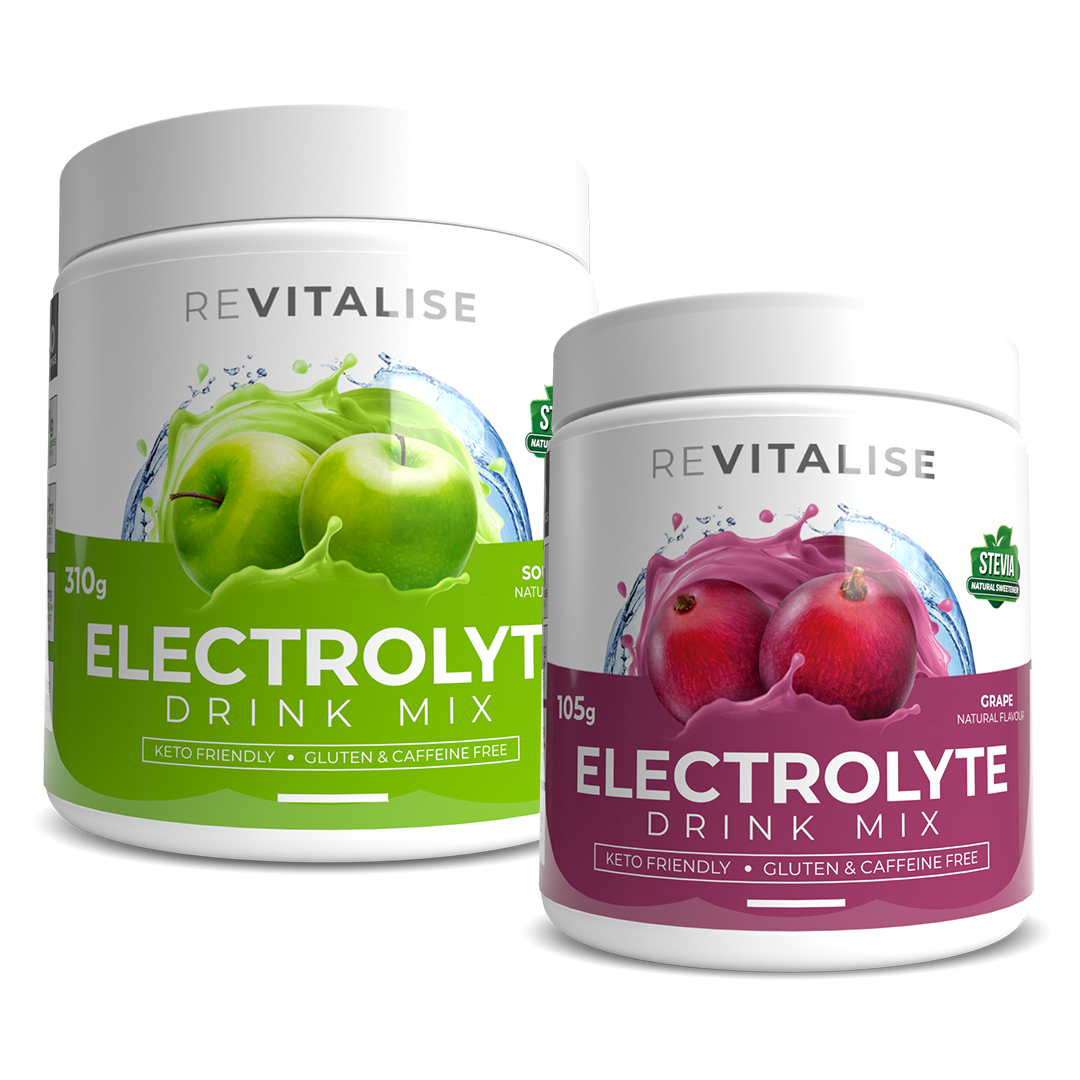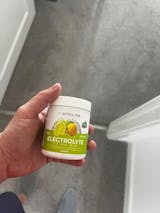Electrolytes are essential minerals that play a crucial role in regulating fluid balance, muscle function, and nerve function in the body. They are found in many different types of foods, but can also be consumed in the form of supplements or sports drinks. In this blog post, we will discuss the importance of electrolytes for hydration and recovery.

Hydration
Electrolytes are critical for maintaining hydration levels in the body. When we sweat, we lose water and electrolytes, including sodium, potassium, magnesium, and chloride. Without sufficient electrolytes, the body is unable to retain water properly, which can lead to dehydration. Dehydration can cause a range of symptoms, from mild thirst and fatigue to more serious issues like dizziness and heatstroke.
During exercise, athletes need to pay particular attention to their electrolyte intake to maintain optimal hydration levels. Consuming electrolytes during exercise can help prevent dehydration, especially in hot or humid environments. Electrolyte supplements or sports drinks that contain a mix of electrolytes and carbohydrates are often recommended for athletes who engage in high-intensity or endurance sports.
Recovery
Electrolytes are also important for recovery after exercise. When we exercise, our muscles break down and need to be repaired. Electrolytes play a role in this process by helping to transport nutrients and oxygen to the muscles. In particular, the electrolyte magnesium is important for muscle recovery, as it helps to reduce inflammation and promote relaxation.
Consuming electrolytes after exercise can also help replenish the body's stores of essential minerals that were lost during the workout. This can help speed up the recovery process and reduce muscle soreness. Sports drinks or electrolyte supplements that contain a mix of carbohydrates and electrolytes are often recommended for recovery after exercise.
Electrolyte Imbalances
Electrolyte imbalances can occur when there is too little or too much of a particular electrolyte in the body. This can lead to a range of symptoms and health issues. For example, low levels of sodium can cause muscle cramps, nausea, and headaches, while high levels of potassium can cause irregular heartbeat and muscle weakness.
Athletes who engage in high-intensity or endurance sports are particularly at risk of electrolyte imbalances. This is because they are more likely to lose large amounts of electrolytes through sweating. It's important to pay attention to your electrolyte intake and consult a healthcare professional if you experience symptoms of an electrolyte imbalance.
Conclusion
Electrolytes are essential minerals that play a critical role in hydration and recovery. They help regulate fluid balance in the body, maintain muscle function, and transport nutrients to the muscles. Athletes who engage in high-intensity or endurance sports need to pay particular attention to their electrolyte intake to prevent dehydration and promote recovery after exercise. Electrolyte supplements or sports drinks can be a convenient way to ensure that you are getting the electrolytes you need. However, it's important to consult a healthcare professional before adding any new supplements to your diet.

















